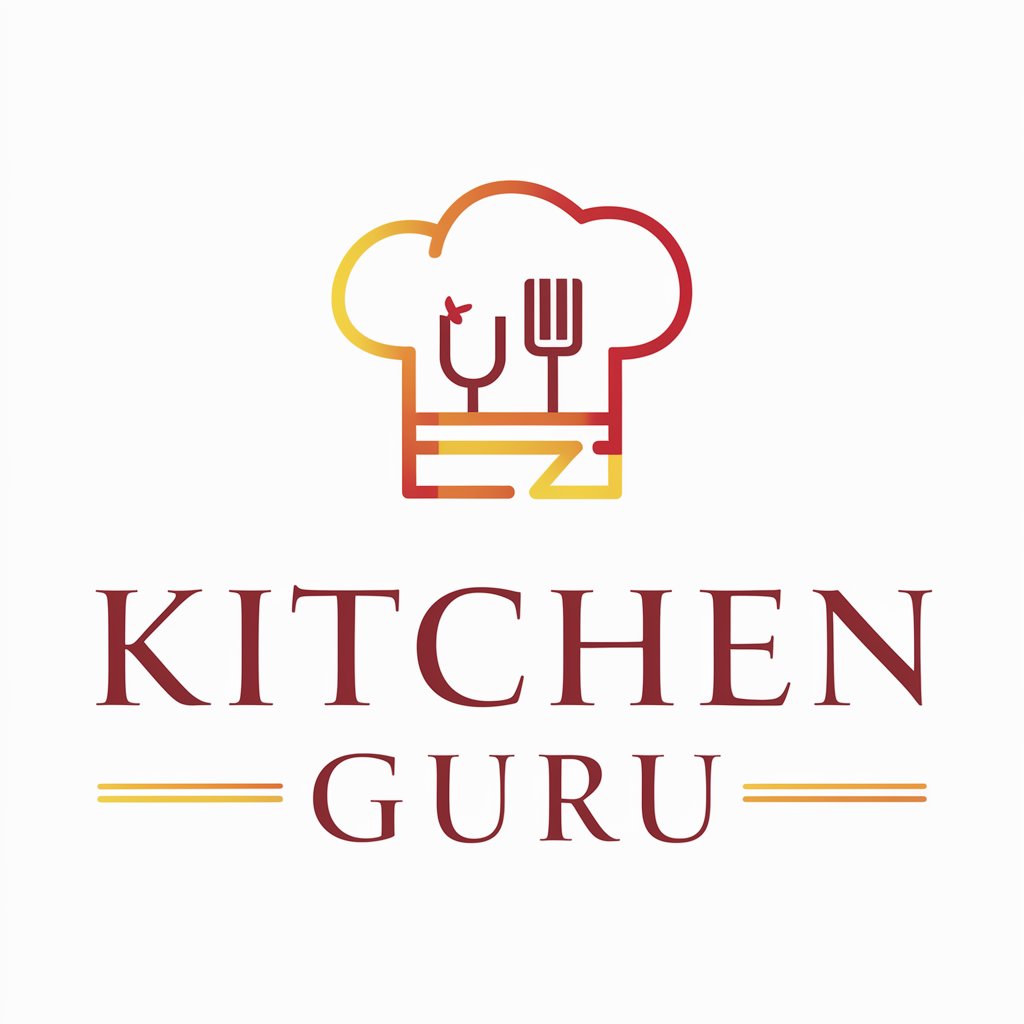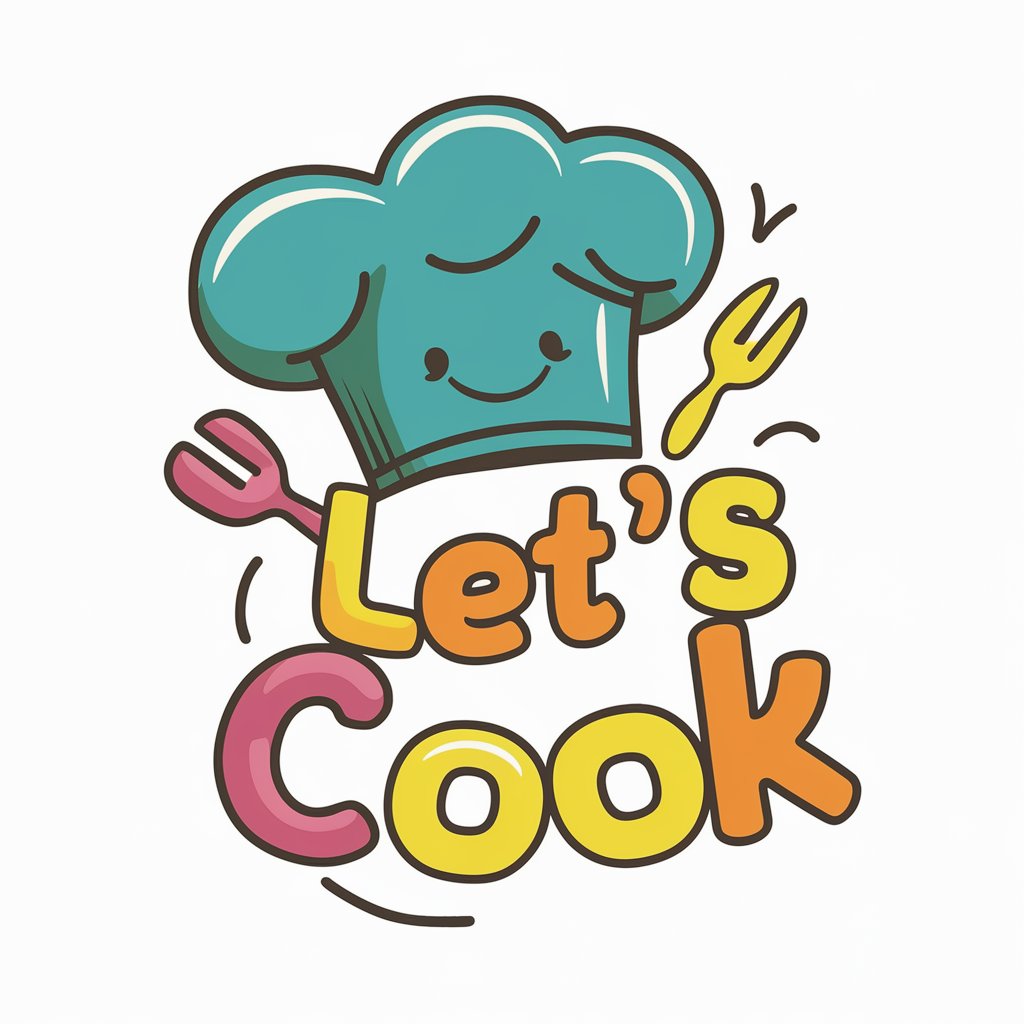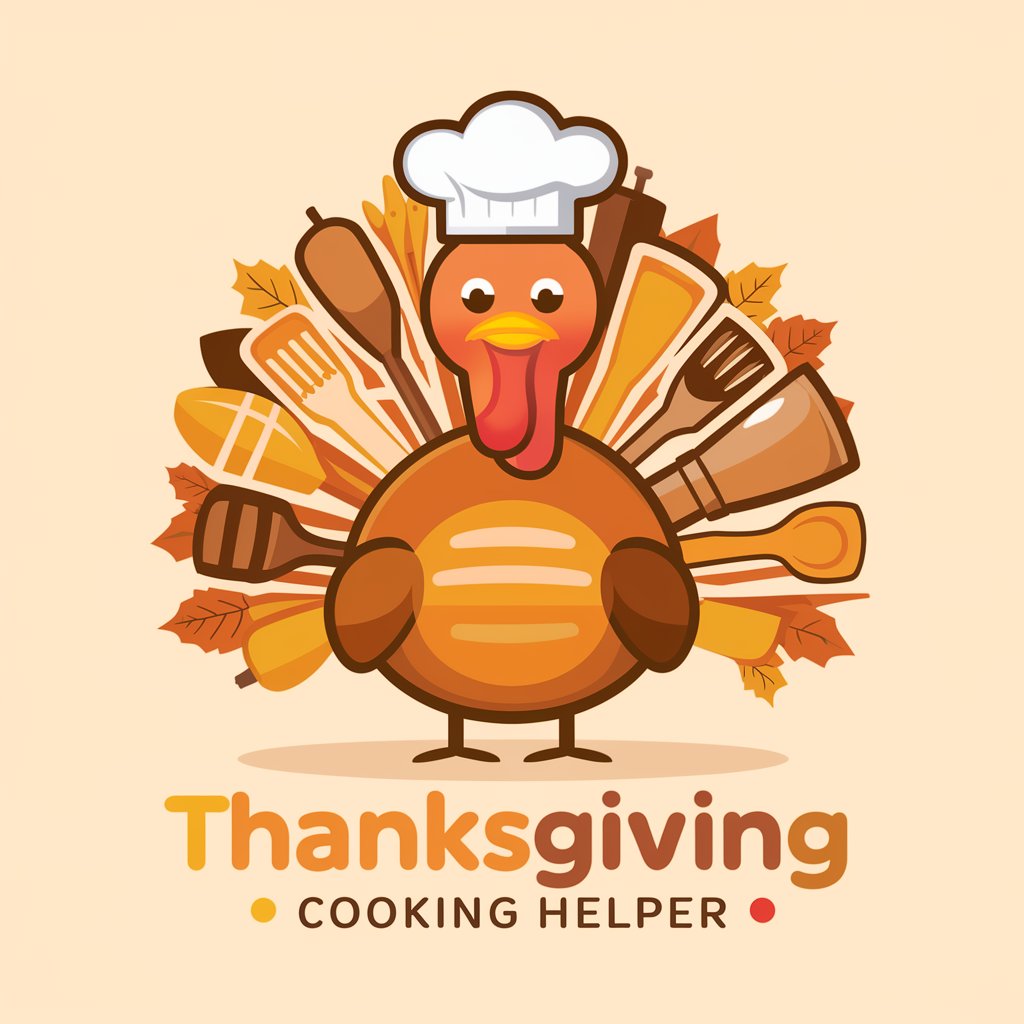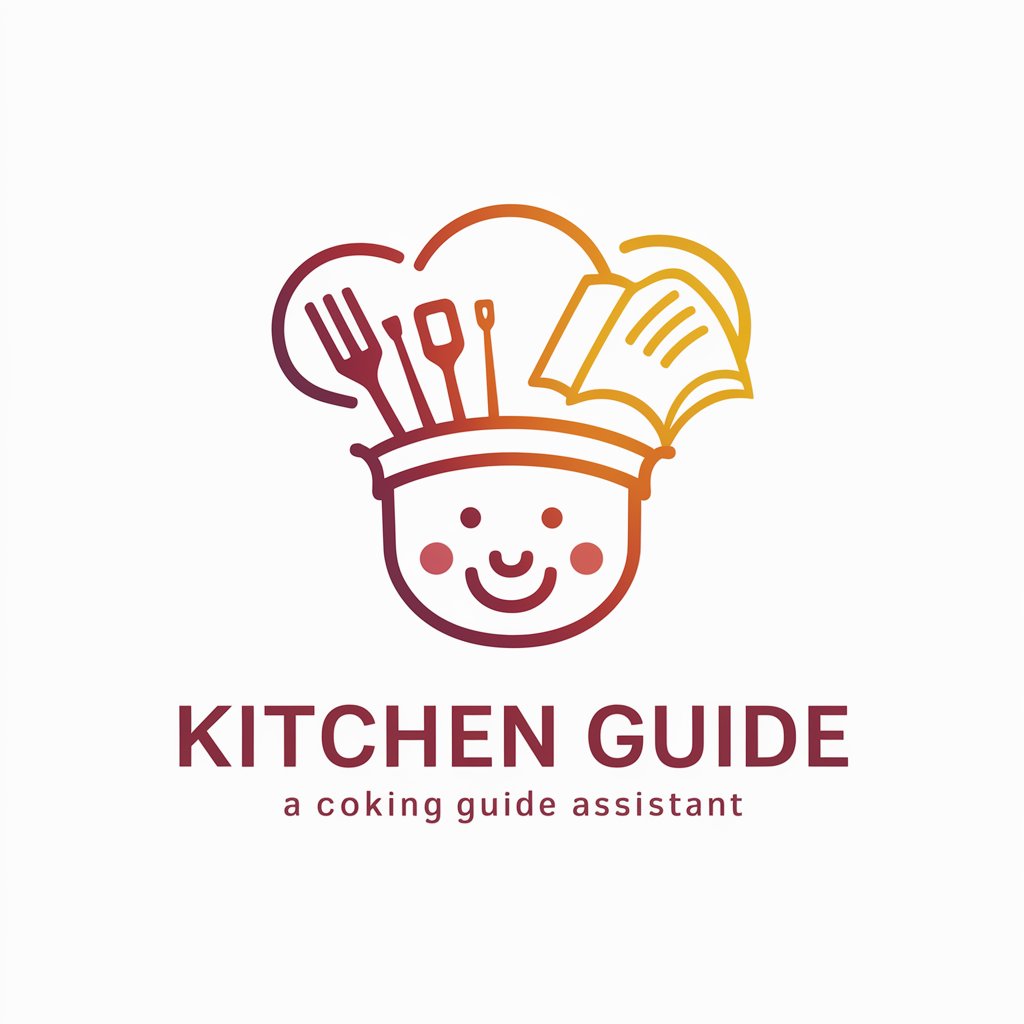
Cooking Utensils - Culinary Tool Guidance
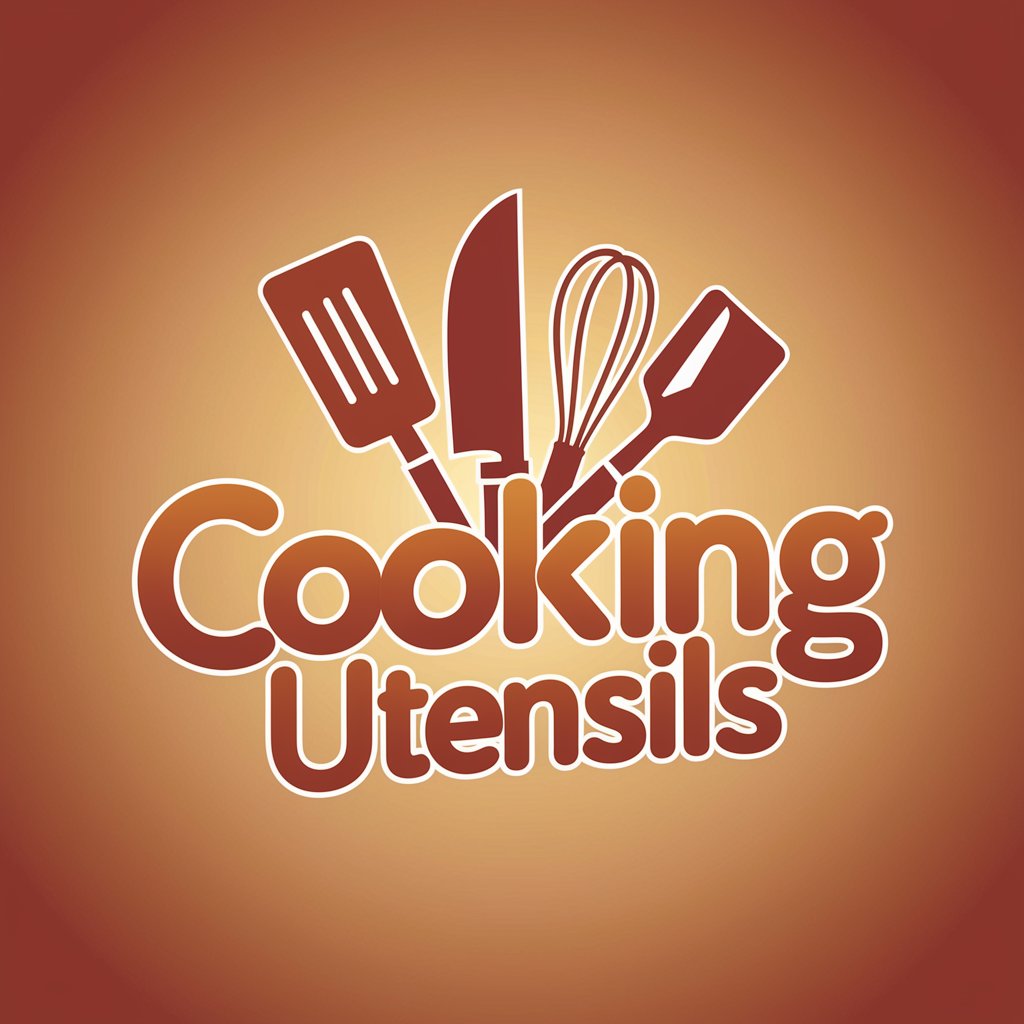
Welcome! I'm here to help with all your cooking utensil needs.
Empower Your Cooking with AI
What's the best way to use a...
Can you recommend a good utensil for...
How do I properly maintain my...
What are the essential tools for...
Get Embed Code
Introduction to Cooking Utensils
Cooking Utensils, as a specialized AI, is designed to offer comprehensive insights and guidance on the wide array of tools used in the kitchen. This encompasses a vast range of kitchen tools, from basic utensils like spoons, knives, and cutting boards, to more advanced cooking appliances such as blenders, food processors, and sous vide machines. The primary design purpose is to assist users in selecting the right tools for their cooking tasks, understanding how to use these tools effectively, and enhancing their cooking skills through informed tool use. For example, a novice cook might learn about the necessity of a good-quality chef's knife for efficient chopping and how its care differs from that of a serrated knife. Meanwhile, a more experienced chef could discover advanced techniques for using a mandoline slicer to achieve perfectly uniform vegetable slices for professional-looking dishes. Powered by ChatGPT-4o。

Main Functions of Cooking Utensils
Educating on Utensil Selection
Example
Explaining the differences between silicone, wooden, and metal spatulas to help users choose based on their cooking needs.
Scenario
A home cook looking to equip their kitchen with utensils that won't damage non-stick cookware.
Guidance on Cooking Techniques
Example
Demonstrating how to properly use a chef's knife for various cutting techniques, such as julienne, dice, and chiffonade.
Scenario
An aspiring chef seeking to refine their knife skills for more precise and efficient food preparation.
Culinary Tips and Advice
Example
Offering tips on maintaining the sharpness of knives or the best way to season cast iron cookware.
Scenario
A seasoned home cook aiming to improve the longevity of their kitchen tools and enhance their cooking methods.
Ideal Users of Cooking Utensils Services
Novice Cooks
Individuals new to cooking who need foundational knowledge on basic utensils and simple cooking techniques. They benefit from understanding which tools are essential for starting their culinary journey and how to use them correctly.
Experienced Chefs
Professional or highly skilled amateur chefs looking for advanced tips on utilizing specialized tools or refining their cooking techniques. They can explore new culinary methods and learn how to leverage professional equipment for gourmet dishes.
Cooking Enthusiasts
Home cooks with a passion for exploring different cuisines and cooking styles. These users are interested in expanding their kitchen toolkit with both basic and advanced utensils, and in discovering new recipes and methods to enhance their culinary experiences.

Using Cooking Utensils
Start Free Trial
Begin your culinary journey by accessing yeschat.ai for a complimentary trial, no registration required.
Identify Needs
Assess your cooking requirements, such as the type of cuisine or specific dishes you plan to prepare, to select appropriate utensils.
Learn Utensil Functions
Familiarize yourself with the functions and proper handling of each cooking tool to ensure safety and effectiveness.
Practice Techniques
Experiment with different cooking techniques using the utensils, such as chopping, stirring, or flipping, to improve your skills.
Maintenance and Storage
Clean and store your cooking utensils properly after each use to maintain their condition and prolong their lifespan.
Try other advanced and practical GPTs
Locksmith Austin, Texas AI Assistance
Unlocking Austin with AI-Powered Precision

বৌদ্ধ ধৰ্ম
Guiding Your Buddhist Journey with AI

Product Reviews Consolidator
AI-Powered Review Synthesis

Summarize GPT
Effortlessly condense text with AI

Mon ProjectCollabExpert
Enhancing Team Collaboration with AI

YappiX Design Wizard
Design apps easily with AI power

LoL Counter Strategist
Master Your Matchups with AI-driven Insights

Telugu
Empower your Telugu with AI

APA Expert
Streamlining APA Citation with AI

Your GPT Generator
Craft Your AI, Your Way

Galactic Narrator
AI-Powered Galactic Adventures

MarryMake
Streamline Your Wedding Planning with AI

FAQs about Cooking Utensils
What materials are best for cooking utensils?
The best materials depend on the cooking method. Stainless steel is versatile and durable; silicone is heat-resistant and non-scratch; wood is ideal for non-stick surfaces but requires more care.
How do I choose the right knife for my cooking needs?
Consider the tasks: a chef's knife for general use, a paring knife for small fruits and vegetables, and a serrated knife for bread. Ensure the knife feels comfortable in your hand.
Can cooking utensils affect the taste of food?
Yes, materials like metal can react with acidic foods, altering flavor. Non-reactive materials like stainless steel, glass, or silicone are better choices for maintaining food taste.
How often should I replace my cooking utensils?
Replace when worn, damaged, or if they develop an odor. High-quality utensils last longer, but regular inspection ensures food safety and quality.
What's the importance of ergonomic design in cooking utensils?
Ergonomic designs reduce strain on hands and wrists, improve control during use, and can prevent injuries. This is particularly important for utensils used frequently or for long periods.
